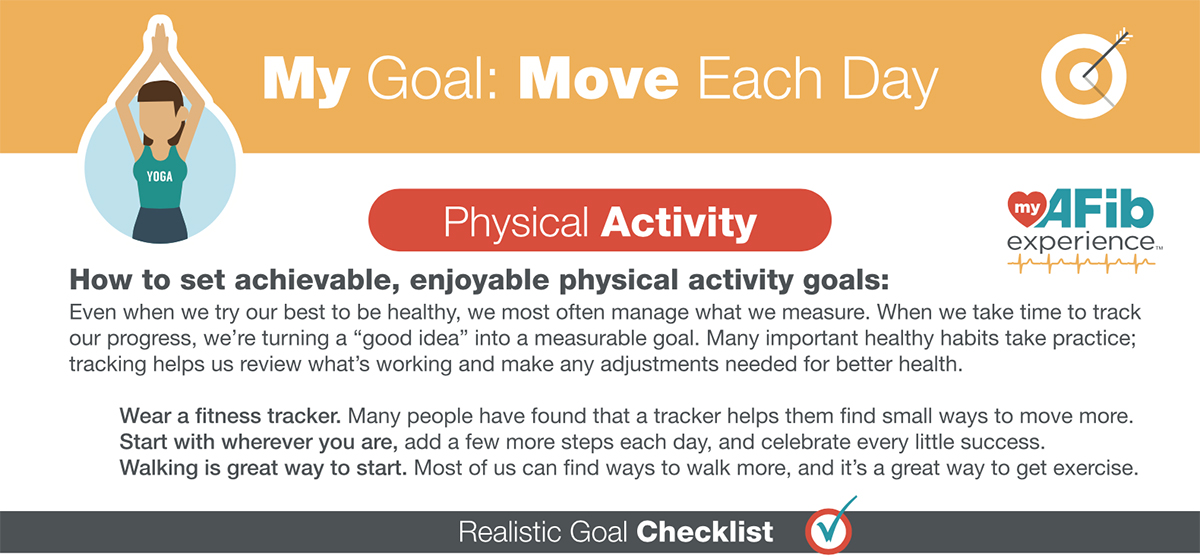心律失常患者跟踪计划
Arrhythmia patients following plan
Taking Medications
- Take all medications exactly as prescribed.
- Never stop taking any prescription medication without first consulting your healthcare provider.
- If you have any side effects, tell your healthcare provider about them.
- Tell your healthcare provider about all your other drugs and supplements, including overthe-counter medications and vitamins. Download our printable medication log.
1
心率跟踪
无线心电检测仪-UN
给健康带来无微不至的呵护
高精度 | 蓝牙 | 方便携带
居家必备 使用方便
依托于自主研发的强大运算功能和核心算法
为您提供各项指标的实时监护
家人健康尽在掌握
帮助发现和跟踪心脏疾病,捕捉异常心电信号供就医参考
Certain substances
Certain substances can contribute to an abnormal/irregular heartbeat,including:
- Caffeine
- Tobacco
- Alcohol
- Cold and cough medications
- Appetite suppressants
- Psychotropic drugs (used to treat certain mental illnesses)
- Antiarrhythmics (paradoxically, the same drugs used to treat arrhythmia can also cause arrhythmia. Your healthcare team will monitor you carefully if you're taking antiarrhythmic medication.)
- Beta-blockers for high blood pressure
- Street drugs such as cocaine, marijuana and “speed” or methamphetamines
If you're being treated for arrhythmia and use any of these substances, be sure to discuss this with your doctor.
Manage your risk factors
Just having certain arrhythmias increases your risk of heart attack, cardiac arrest and stroke. Work with your healthcare team and follow their instructions to control other risk factors:
- Reduce high blood pressure
- Control cholesterol levels
- Lose excess weight
- Eat a heart-healthy diet
- Avoid tobacco smoke
- Enjoy regular physical activity
2
饮食跟踪

3
运动跟踪
Is your goal realistic?Run it through this checkliet to find out.
-
Is your goal easy?
(Example:When I wake up in the morning,I will dance to one song before I get ready for three days in a row.)
-
Is your goal specific?
(Example: I will wear a tracker and check my step count after I brush my teeth for days this week.)
-
Do you have a clear prompt to remind you?
(Example:For the next three days,when Itake a phone call from a friend,I will walk while Italk.)
I'm in!My Goal
| I wiil | when I | for | ||||
| (Enter activity) | (Enter Prompt) | (Number) | (Times,Days,Weeks,etc.) |
(Example:I will take a short walk break when I return from dropping the kids off at school for the next three days.)
4
药物跟踪
How Do I Manage My Medicines?
Taking medicine may be new to you, and there may be a lot to remember. For example,why are you taking it? What time should you take it?How often do you take it, and how many pills do you take? It’s very important to take medicine the right way — just as your doctor tells you.If you don’t follow your doctor’s directions,what could happen? First of all, if medicine isn’t taken the right way, it may not work. It could also cause side effects that may be mild — or very harmful. Without knowing it,you could counteract one medicine by taking it with another. Not taken properly, medicine can also make you feel sick or dizzy.
How can I remember to take my medicine?
- Take it at the same time each day along with other daily events, like brushing your teeth.
- Use a weekly pill box with separate sections for each day or time of day. Computerized pill boxes can alert you when it’s time to take a pill or order refills.
- Ask family and friends to help remind you.
- Use a pill calendar or drug reminder chart.
- Leave notes to remind yourself.
- Try an e-mail or calendar reminder.
- Wear a wristwatch with an alarm.
What else should I know?
- Ask your doctor or pharmacist when to take your medicines and if they can be taken with foods.
- Store your medicine the way your doctor or pharmacist tells you. Keep medicine in original containers, or label new containers.
- Keep track of what pills you can and can’t take together, including over-the-counter medicines.
- Always get your prescription filled on time, so you don’t run out.
- Try to see the same pharmacist each time.
- Don’t take more of your medicine than the prescribed dose.
- Ask your doctor or pharmacist before buying a new over-the-counter medicine, such as an antihistamine or“cold tablets” or vitamin supplements to be sure they won’t interfere with your prescribed medicine.
- Always check with your doctor before you stop taking a medicine.
- If you have any questions about your pills, make a note to remind yourself to ask your doctor or pharmacist.
- Tell your doctor and pharmacist if you have any side effects.
- Write down the names and doses of medicines you are taking. If you go to more than one doctor, take your updated medication list with you to each visit.
- Keep all medicines out of the reach of children.
My Medicines
Ask your healthcare providers to help you complete the chart below.
| NAME OF MEDICINE | WHAT IT LOOKS LIKE | WHAT MY DOSAGE IS | WHAT IT’S FOR | WHEN TO TAKE IT | NAME OF DOCTOR |
|---|---|---|---|---|---|

